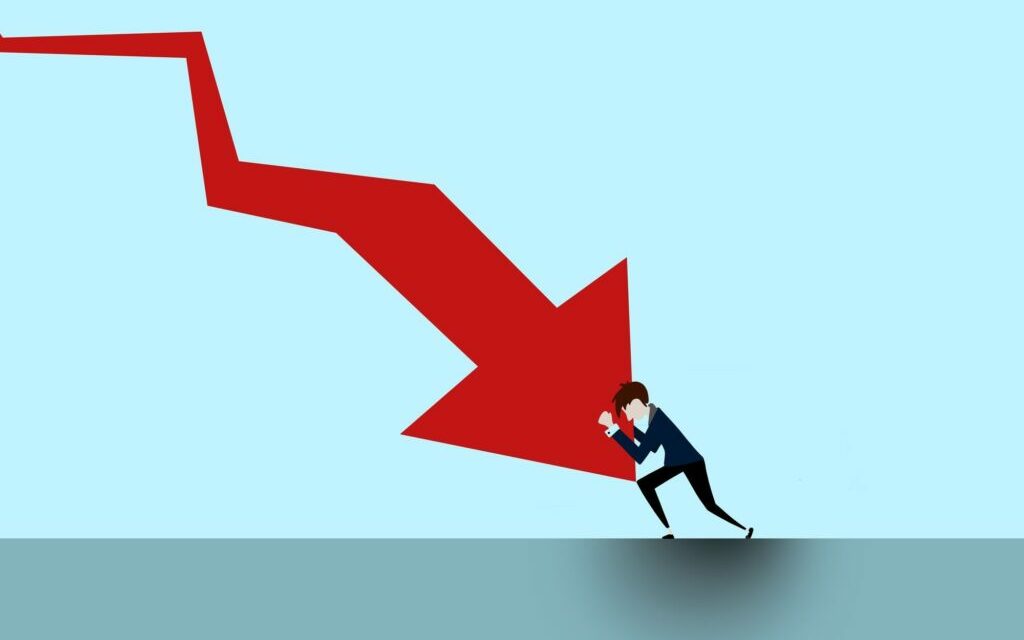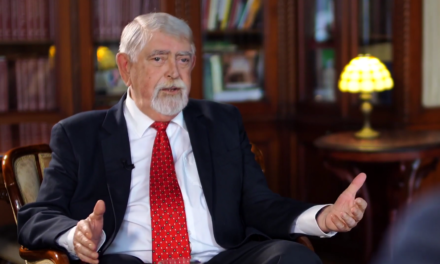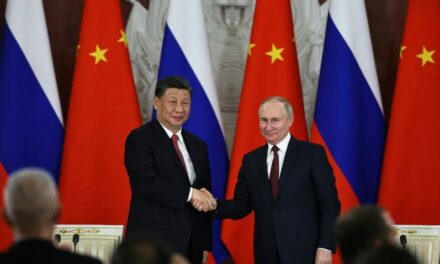A supply crisis is very rare. The XX. century, there was an economic crisis that was very similar to the current one, but then there was no pandemic. More and more economists emphasize that we are in a very complicated situation and that a supply crisis is difficult to manage anyway. NKE researcher Vivien Czeczeli tries to interpret the current situation by comparing it to previous crises.
We can speak of an economic recession if the economic downturn accompanied by a decrease in GDP takes place for at least two consecutive quarters. If the XX. century, two economic crises of global importance should be highlighted: the economic crisis of 1929–1933 and the recession experienced in the 1970s.
Nowadays, a supply crisis is emerging, i.e. the economic actors have limited raw materials available for the production of their finished products or services, but the current crisis cannot be understood only by examining the supply side.
If we compare the current situation to previous recessions, it resembles the one experienced in the 1970s, the causes of which were both economic and war-related - similar to the current one.
In 1971, Richard Nixon decided that the dollar exchange rate in America would be freed, no longer tied to gold. The American currency thus became a floating currency, with the elimination of the gold backing, oil prices immediately shot up. This situation was compounded by the outbreak of the Yom Kippur War on October 6, 1973, during which the six oil-producing countries of the Persian Gulf raised the price of Saudi crude oil by seventy percent on October 16 - in addition to attacking on the holiest day of the Jewish religion to Israel.
And the next day, all OPEC members – seven Arab countries out of its twelve member states – announced a boycott against the powers that support Israel. This started the first oil crisis of 1973, which was already felt by the whole world and determined the world's economic situation for a decade. It was a supply crisis, where raw materials also played the main role, and it was quite difficult to get out of it.
Supply crises are not for beginners
In the middle of the summer, the Minister of Economic Development Márton Nagy described the current economic situation as saying that in the coming period things are expected in the macroeconomics that will test the knowledge of even the most prepared economists. "I am sure that there will be a recession in 2023, and it could even last until the first half of 2024," said the Minister of Economic Development about the period ahead.
The nature of this crisis is that there was a pandemic, after which, according to the minister, no one can say that the supply chains were restored, and then the Russian-Ukrainian war followed in February. As a result, supply shocks appeared. If we examine supply-side economic crises, recessions experienced during the world wars can be discussed. The crises of the past centuries were not basically the consequences of supply shocks, but the results of the emergence of some financial or systemic problem.
Supply problems were produced, for example, by the world wars, when there was a phenomenon where resources were completely redeployed to the military industry, and the labor supply also decreased. Now the Russian-Ukrainian war is also causing supply problems, combined with the effects of the pandemic
- said Czeczeli Vivien, a researcher at the Economy and Competitiveness Research Institute of the National Public Service University (NKE), who believes that one of the reasons why supply crises are not typical is that globalization and supply chains have been able to ensure a peaceful economic environment and balanced economic growth . Speaking to Index, the researcher stated - in line with the Minister of Economic Development - that "perhaps one of the most difficult problems that economic policy has to face is the supply crisis".
Such a crisis is typically associated with the producer's inability to keep up with demand. This causes the GDP to decrease, and since the supply side is weak, an inflationary environment develops. Here is the root of the problem: economic policy must respond to this, but at the same time to two things in opposite directions.
On the one hand, because there is weak growth, where it would be necessary to stimulate and heat the economy, on the other hand, the monetary policy should react to inflation from the opposite direction, so the economy should be cooled. Otherwise, a so-called stagflation usually develops in these situations. This means that high inflation is accompanied by slow economic growth or even recession and high unemployment
said Vivien Czeczeli.
So, overall, it can be stated: the supply problem is one of, if not the biggest macroeconomic problem that an economist can face - given that the countries operate a debt-based economy - and this is further compounded by the fact that one of the roots of foreign economic problems can be found in Russia.
I've had these symptoms before
Stagflation also appeared for the first time in the seventies and eighties. Until then, this was not typical, as the general perception was that there was either high unemployment with low inflation, or vice versa. The oil crises disproved this. Globalization was later able to keep prices low for several decades.
In the 1970s, the American government overspent, and this had an inflationary effect. As part of the measures, on the one hand, it was possible to reach an agreement with OPEC, and the president of the FED, who plays the role of the American central bank, took a very risky and brave step and responded by raising interest rates aggressively. He raised the central bank base rate to 20 percent over the course of a few months. This was a very painful step, but it was necessary, since by then a price-wage spiral had already formed, which could only be broken by a decisive step
- summed up Vivien Czeczeli, who says that in the event of a supply-side crisis, some kind of consolidation is absolutely necessary for recovery. So, companies have to develop a new strategy or source the necessary raw materials from other sources, which may seem expensive now, but will ensure uninterrupted supply.
The NKE researcher said that restoring trust in the economy is a very difficult process, and when trust is lost between partners, the relationship is easily broken, the restoration of which takes time and money.
Featured image: entrepreneur.com












